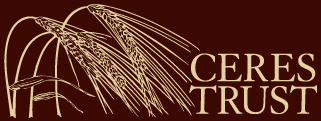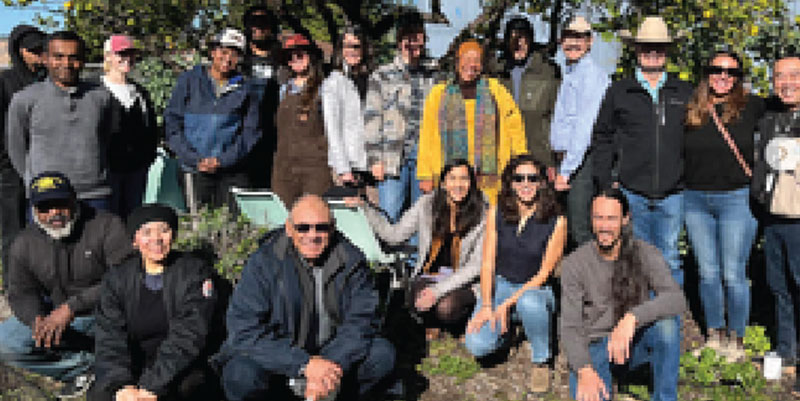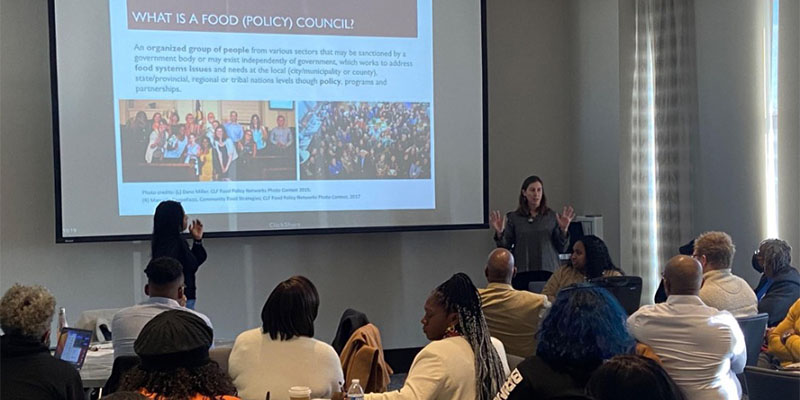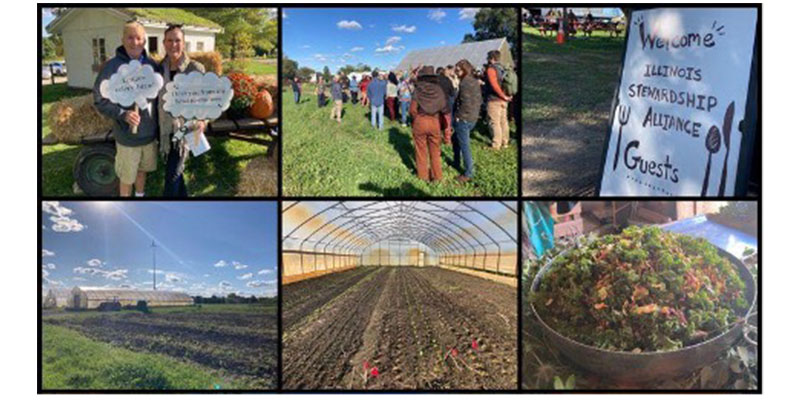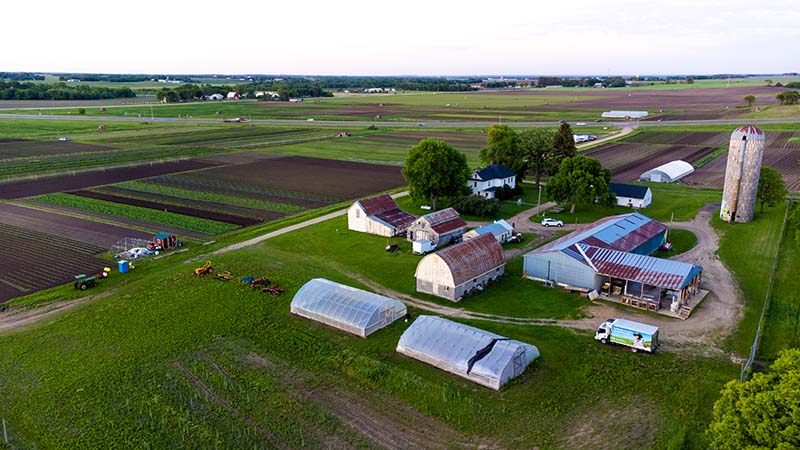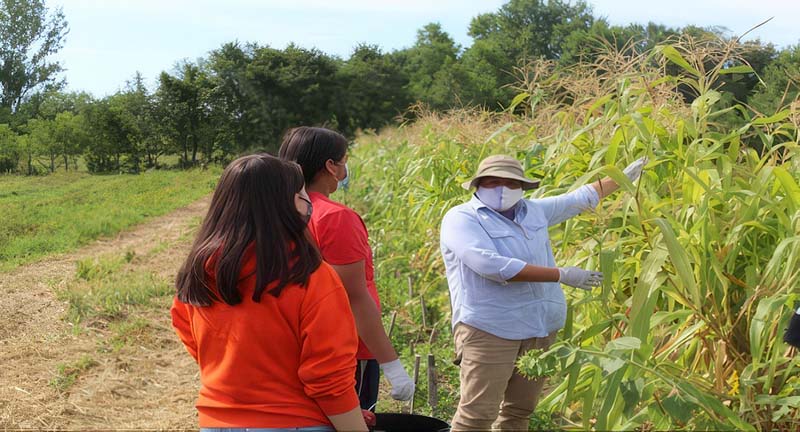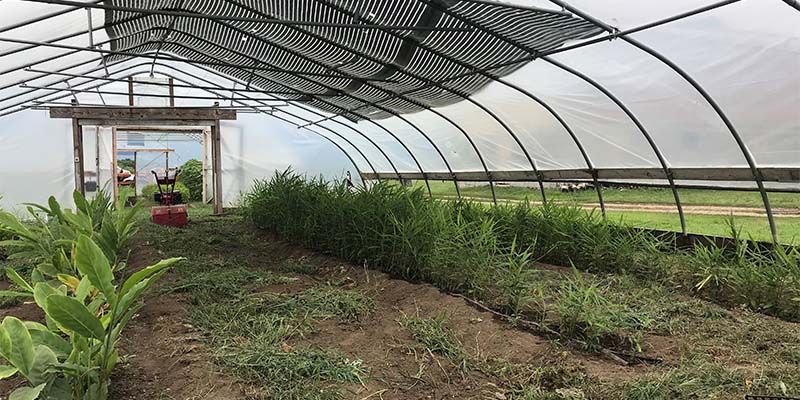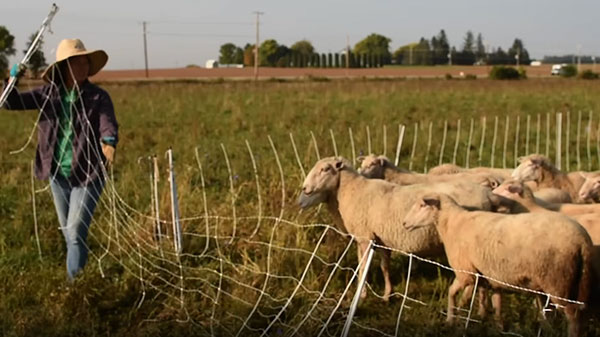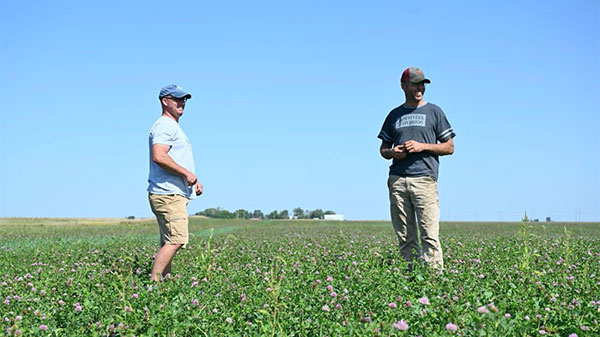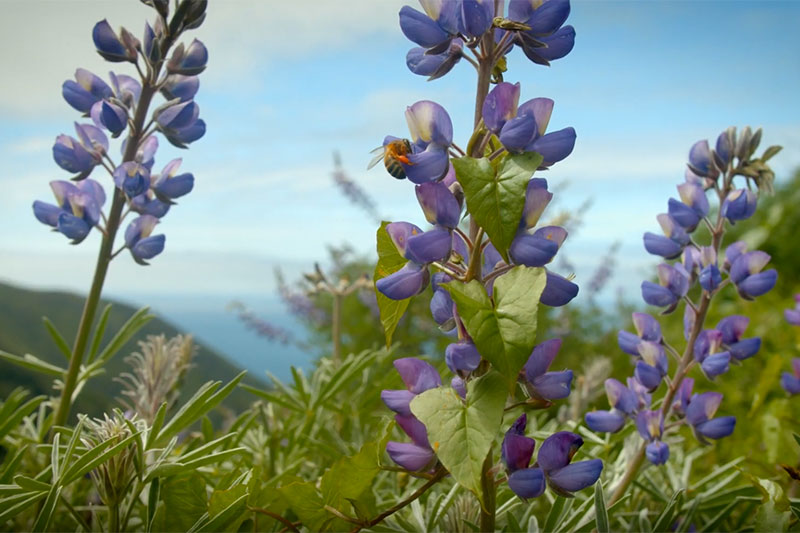Posts Tagged ‘Farmer Education’
Community Alliance with Family Farmers
Click the Read More link below for photos of CAFFs recent workshops and field days.
Read MoreThe Center for MS Food Systems: an emergent space that stewards and supports regional economies and food systems transformation
A few years ago, Black, Indigenous, and Asian American food systems stakeholders and allies from across the state of Mississippi convened together for the first time to dream about transforming the local and state level food systems. In 2016, the Mississippi Food Justice Collaborative was formed, consisting of organizational partners whose work is local, regional, statewide and national in scope. These partners are committed to working in four regions of the state that have historically been some of the most impacted by systemic oppression and divestments: the Delta, Central MS, the Coast and the MS Choctaw.
Read MoreThe Illinois Stewardship Alliance successfully advocates for state programs
The Illinois Stewardship Alliance was a founding member of the National Healthy Soils Policy Network in 2018 and has received financial support through our mini-grant program every year since. In 2019, the Alliance successfully advocated for a state program to give farmers voluntarily adopting cover crops a $5 per acre reward on their crop insurance. State lawmakers passed a resolution in 2022 declaring the first full week of March each year as “Illinois Soil Health Week,” boosting visibility of the issue greatly. In 2023, after 3 years of organizing, they saw the passage of a bill to create the Illinois Healthy Soils Initiative and direct state agencies to collaborate on an accelerated soil health framework. A successful push on the FY2024 budget provided up to $4 million for the new initiative.
Read MoreHmong American Farmers Association
The Hmong American Farmers Association (HAFA) is a membership-led organization created by Hmong farmers and their children to advocate for systemic change and provide equitable access to the critical resources, training, and financial capital they need to operate successful businesses, earn family-sustaining incomes, and build intergenerational wealth.
HAFA launched a 155-acre incubator farm in 2013, and recently purchased the farm in a landmark racial equity achievement that guarantees affordable land access for current and future generations of Minnesota Hmong farmers. HAFA has also developed a robust bilingual business and agricultural training program that Hmong farmers leverage to access financial capital, earn required certifications, and optimize their farming operations.
Read MoreDream of Wild Health
The relationships we have created throughout the years of programming at Dream of Wild Health is extremely important to us. One of our key sayings is “we grow seeds and leaders,” and our alumni are a perfect example of that. Dream of Wild Health had 7 Garden Warriors return as Interns, and 1 as a full- time farmer. Not only do former youth participants continue to engage in our public events and volunteer opportunities, but these young adults come back wanting to work on our farm.
Read MoreHAFA supports Hmong farmers strength to overcome challenges
During 2021–2022, farmers incorporated over 30,000 crowns of asparagus, 1,000 raspberry canes, 15,000 day-neutral strawberries, and over 500 pounds of ginger rhizomes into their farming operations and applied to the USDA EQIP program to obtain financial support to purchase and erect high tunnel structures, implementing tactics to fulfill their long-term visions, which focus on combatting climate change and investing in premium and perennial crops. HAFA supports Hmong farmers strength to overcome challenges, become stewards of the land, and turn ideas into plans, thoughts into actions, dreams into reality, and overall, has provided a pathway to intergenerational and community wealth.
Read MoreKa Maha ʻUlu o Koholālele – The Breadfruit Grove of Koholālele
Ka Maha ʻUlu o Koholālele, literally translated as “the breadfruit grove of Koholālele,” is a community-led food system project transforming approximately 80 acres of former sugar plantation and current eucalyptus plantation lands in Koholālele, Hāmākua, Hawaiʻi, into Hawaiʻi’s largest regenerative ʻulu (breadfruit) agroforestry system.
Accordingly, we wanted to be very intentional about who we invited into the process of planning and planting this space. Between September – October 2021, we worked with Ola Design Group to draft a baseplan for the Kilohana section of Ka Maha ʻUlu (Figure 5), which we would utilize in November to lay out and plant our first 65 ʻulu trees.
Read MoreLivestock on the Land
Livestock on the Land is a story by Practical Farmers of Iowa about the ways that farmers are building a regenerative agriculture by centering their operations around the animals they care for. Whether it’s through rotational grazing or cover crops or fertility for crop fields, livestock hold the key to protecting our soil, cleaning up our water and even providing habitat for wildlife. But most importantly, livestock give farmers a chance to get started, grow businesses, provide for their families, work together, and ultimately, bring back the next generation to start it all over again. View the video…
Read MorePractical Farmers of Iowa: Cover Crop Options to Improve Soil Health
Because small-grains crops like wheat or oats are harvested in mid-summer, the many weeks remaining before winter presents opportunities for a panoply of cover crop options to improve soil health. Noah Wendt and Caleb Akin farm together near Cambridge in central Iowa. Among other reasons, they use small-grains crops in their rotation in order to facilitate cover crop mixes for the purposes of high-quality forage for grazing cattle and for boosting soil fertility.
Read MoreOrganic Farming Research Foundation Materials
Organic Farming Research Foundation (OFRF) has produced a five-minute about how organic farmers are caring for the soil, and how this addresses climate change. The video highlights voices from the south and can be seen here.
Also, OFRF has created soil health guidebooks, webinars, past reports, and their new “Basics of Organic Farming” course, available on their education page for free.
Read More